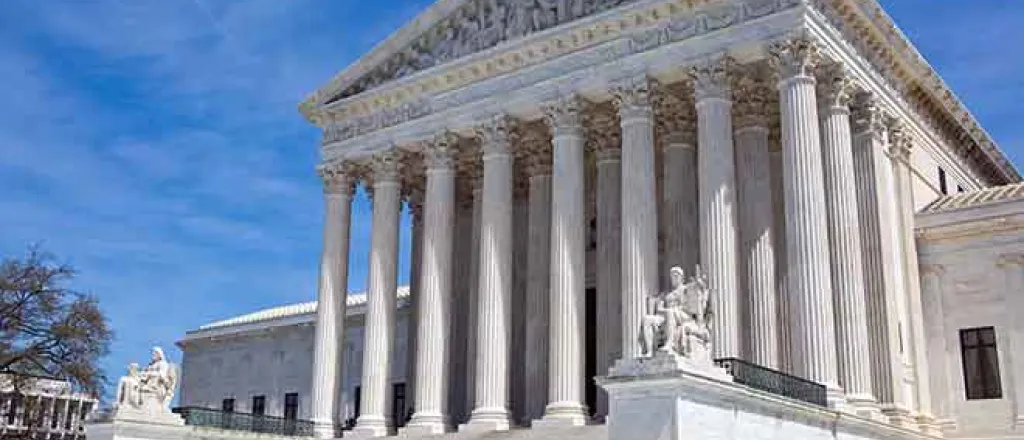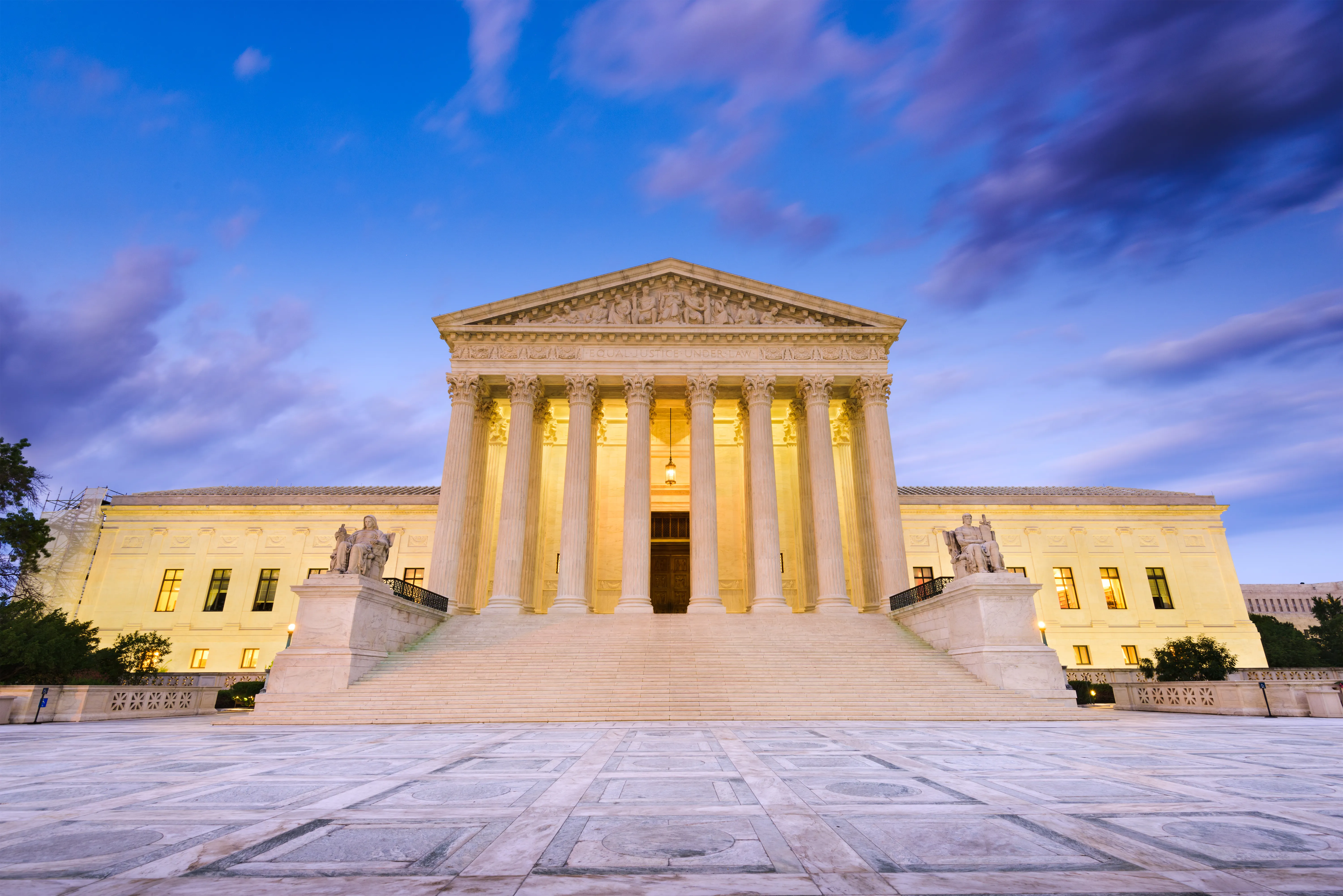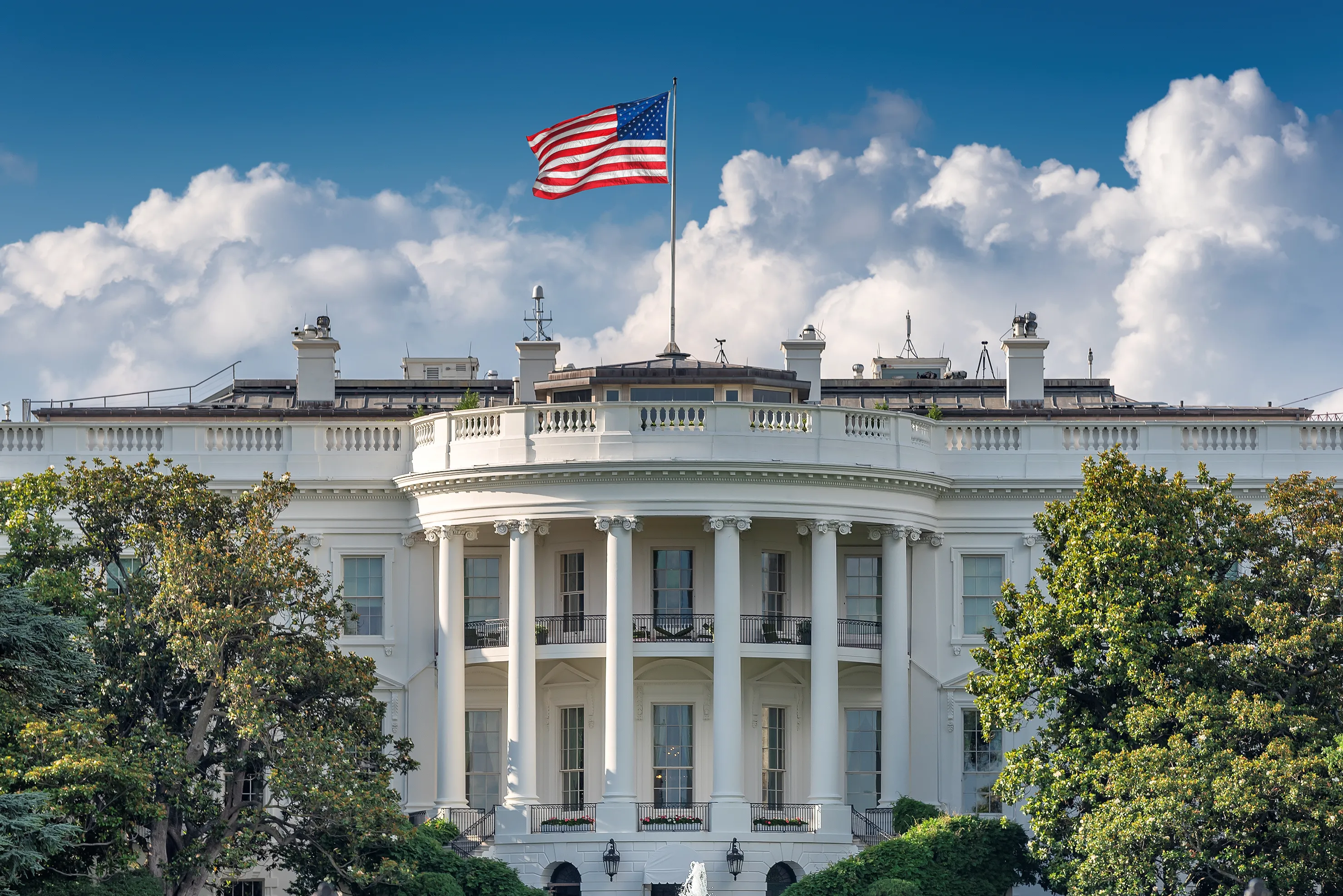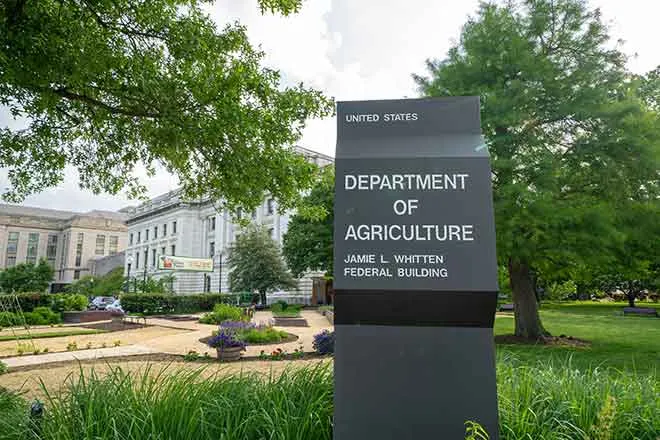
U.S. Supreme Court upholds injunction against California county health order
(The Center Square) – The U.S. Supreme Court has sided once again with California houses of worship in their most recent request for an injunction against a county health order, pending appeal in the Ninth Circuit and disposition of a petition for a writ of cert.
February 5, 2021, the U.S. Supreme Court invalidated California’s total ban on in-person worship, yet Santa Clara County continued to impose a total ban. Churches across the state have opened for indoor worship, yet Santa Clara County refused to comply with two Supreme Court’s decisions in South Bay II and Diocese of Brooklyn.
Instead, county officials ordered all churches to remain closed through Lent and Easter. A group of churches appealed to the Supreme Court and won a reprieve.
Liberty Counsel Founder and Chairman Mat Staver, who is litigating cases related to worship bans and recently won the last round in lawsuits against California Gov. Gavin Newsom, said, “This is another great victory for California against the governor’s draconian orders. However, the U.S. Supreme Court has already issued the Constitutional roadmap, and Governor Gavin Newsom’s total ban on worship has come to an end. Yet the lower courts continue to ignore this. Liberty Counsel will continue to press this case until religious freedom is totally restored.”
The unsigned order states, “The Ninth Circuit’s failure to grant relief was erroneous,” issuing another chastisement of the court, as it did last month in its Harvest Rock Church ruling, also litigated by Liberty Counsel.
Its decision, the Supreme Court said, “… is clearly dictated by this Court’s decision in South Bay United Pentecostal Church v. Newsom, 592 U. S. ___ (2021).”
In South Bay, the court granted the requests of southern California churches to resume indoor worship services. In a 6-3 decision, the Supreme Court enjoined California from enforcing the total ban on worship in the governor’s Blueprint.
Last month, the high court also ruled in favor of Harvest Rock Church and Harvest International Ministry, partially granting their request for an injunction pending appeal in their lawsuit against Newsom’s total worship ban. The ruling also included South Bay United Pentecostal Church.
The total worship ban in California began March 19, 2020, and ended Feb. 5, 2021.
While the justices ruled that California cannot ban indoor worship services, they allowed the state to continue its cap on indoor worship to 25 percent of a building’s capacity and to continue to bar singing and chanting. Justices Clarencce Thomas, Neil Gorsuch, and Samuel Alito wrote that they would have granted an injunction against the singing and chanting ban. Justices Amy Coney Barrett and Brett Kavanagh wrote they wanted more information about the singing and chanting exemptions.
“Of course, if a chorister can sing in a Hollywood studio but not for church, California’s regulations cannot be viewed as neutral,” Barrett and Kavanaugh wrote. Because Newsom has exempted music and TV production from the singing ban in all four of his mitigation tiers, the justices reiterated that churches can argue this point on appeal.
“Banning indoor worship is unconstitutional – and the Supreme Court has said so several times,” Becket Law, a religious freedom law firm litigating First Amendment cases, argues. “Houses of worship across the nation have proven that they can safely reopen for indoor worship.
“Meeting together to worship is an important part of almost all religious or spiritual traditions worldwide,” Becket Law adds. “The government cannot discriminate against religious believers by violating their rights to gather together or by subjecting them to unfair restrictions that privilege other activities over the unalienable right to worship.”
The injunctions that have been granted allow in-person worship to continue in California until the cases complete litigation or until the petition of writ of cert is acted upon by the Supreme Court.
In the Harvest Rock case, for example, another round of briefings has been filed in the Ninth Circuit Court of Appeals, including Newsom’s defense to continue the ban, which will be followed by oral arguments and another decision made by the court.
Plaintiffs argue the tiered restrictions are unconstitutional because they permit other similar gatherings with either a higher capacity or no capacity restrictions; and the exemption for music production is unequal treatment compared to the ban on places of worship.
The justices said last month that “the lower courts in these cases should have followed the extensive guidance this Court already gave.”















